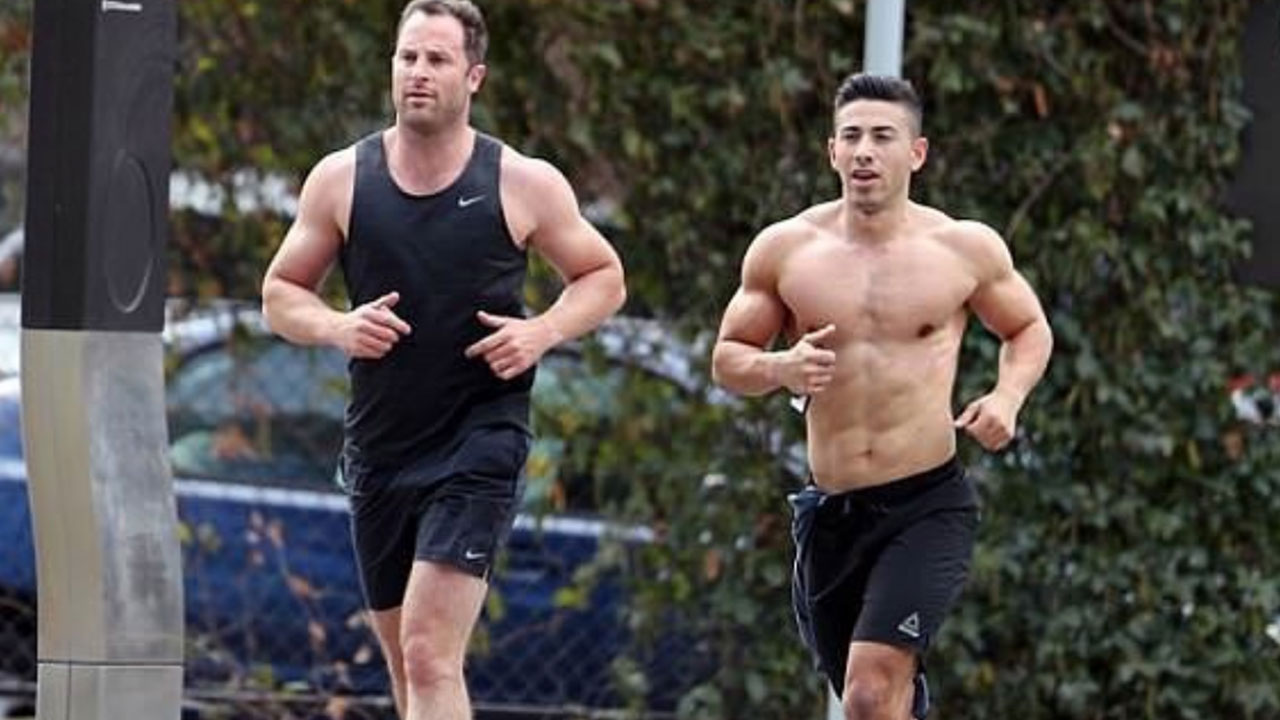Everything
When the market is as saturated as it is in the fitness industry, it can be sometimes hard to differentiate one’s services from the guy or girl next door. And where there is saturated market and a lot of competition there is also the temptation to twist the truth in one’s favour, even if ever so slightly.
The majority of personal trainers working in the industry are genuinely there to help other people and they market themselves with integrity. But just like in any other industry, there are always a few bad apples who twist the truth a bit too much in their favour to gain an upper hand. This misleads prospective clients and might lead them having a negative experience with a trainer. This in turn negatively affects the reputation of the whole industry.
Here are some things that at times, get a too generous dose of twisting and polish in the personal trainer marketing.
1. Over promising
Every trainer, including myself, has been guilty of this at some point in their career. It’s not always done purposefully, but rather because a new trainer is so excited to be in the industry and genuinely believes that they can get amazing results for every client. It just comes down to the new trainer being naive. They are yet to understand that for most clients results take more than just handing out training and diet rules. The reality of client’s life outside of the gym escapes them.
Of course being naive is not always the case. There are trainers that set unrealistic expectations well knowing that the client will never reach them. But thankfully those trainers are few and far between. Maybe because eventually over promising and under delivering will catch up and people will see through the empty promises.
2. They are in great shape so they will get everybody to look like that too

Each body type, lifestyle and personality are different. What works for one doesn’t necessarily work for the next. The trainer’s approach might work wonders for themselves but it is too much, too little or too demanding for their clients. There are exceptions of course, but a great trainer has a track result of getting great results for their clients. Not just for themselves. It can also be confusing for a client if the trainer is taking steroids but claiming that all their results are from hard work. Taking steroids is everyone’s personal choice and we shouldn’t judge anyone whether they do it or not, but a trainer should be transparent about it when using themselves as an example.
3. Using outlier clients with amazing results as a testimonial for average results
This one is very common and ties in with the one above. The trainer has gotten amazing results with one client who possesses the perfect genetics, mindset and drive to achieve their goal. This can easily set up the next client to feel like a failure when they don’t achieve the same.
4. Giving unrealistic diet plans. Let’s make one thing clear…

Personal trainers are not allowed to give out diet plans unless they are a registered dietician. Without a degree, the trainer is not legally allowed to set strict calorie or macronutrient targets, or recommend a diet that doesn’t follow the nationally endorsed nutritional standards and guidelines. No hardcore limited carbohydrate, ketogenic diets or anything else. Only what fits into the aforementioned national guidelines (which can be found here).
Just because a personal trainer doesn’t agree with these guidelines and follows a different approach themselves doesn’t mean that they are legally allowed to tell their clients to do the same.
What a personal trainer can do though, is work within professional limitations to provide basic healthy eating information and advice based on the nationally endorsed nutritional standards and guidelines. And to be honest, if a trainer would help his or her clients to follow these guidelines successfully for the rest of their lives, we probably wouldn’t have an obesity crisis on our hands.
5. Prescribing supplements as the missing link for better results
There is a trend in the industry that the one missing link between a client and their results is a miracle supplement. A supplement that the client can often (conveniently) buy from the trainer. Often the truth is that the results come from adhering to healthy diet guidelines and by being consistent with exercise. Sure, there can be cases when a certain supplement can indeed be the missing link. But this should be verified by a registered dietician or a doctor well versed in nutrition. Because, and this bears repeating, personal trainers who are not registered dieticians can’t prescribe supplements.
6. Saying that they are the right trainer for you – when they are not
A powerlifter who coaches other experienced powerlifters to reach a 350 kg deadlift might not be the best person to help a timid fat loss client who’s never set a foot in the gym. In the same way that a fat loss expert who coaches timid beginners might not be the best for the experienced powerlifter wanting to hit 350 kg on deadlift. In both above cases there are always exceptions and we shouldn’t judge a book by its cover. But always check that the personal trainer has experience (and results to prove it) in helping people just like yourself with similar goals.

7. Not admitting they’re wrong and not saying “I don’t know”
All of us are wrong sometimes. Not on purpose but as we evolve and learn more, our old knowledge becomes wrong. Simply because at the time we didn’t know any better. But no one knows the answers to every single question clients ask or every single issue they might have. The best trainers are bold and say “I don’t know, but I will find out for you”. Or if they don’t know how to find out they are confident enough to refer their clients to someone who does. That takes humility and will greatly benefit the client to get the appropriate help. It will also strengthen the trainer-client relationship.
8. Saying that more frequent training appointments always equal better results
This can absolutely be true in some instances. But if the goal is to improve body composition a portion of the coaching should focus on improving client’s eating habits. Not just showing up at the gym to lift weights.
9. Charging regarding the client’s occupation and income
I don’t think there is anything wrong charging someone less for altruistic reasons. A prospect whose life would be exponentially better if the trainer could help them, but they simply don’t have the financial means to pay for the service. Such as a kid from a low income family etc. But a trainer shouldn’t hike their prices up for high income earners (i.e. doctor or a lawyer) vs someone who earns less (i.e. student).
10. Training clients without a personal training certificate or sports science degree
Although this is not technically illegal in some countries, it is highly immoral. Especially if the trainer has created a perception that they do indeed possess a certificate or a degree. A personal training certificate is the absolute basic sign that the trainer has at least some form of formal education to help other people with their fitness.
You can follow ICON’s fitness expert, Jono Castanoacero on instagram @jonocastanoacero
References
(1) Scope of Practice for Australian Registered Exercise Professionals
Cover Image: Instagram @jonocastanoacero